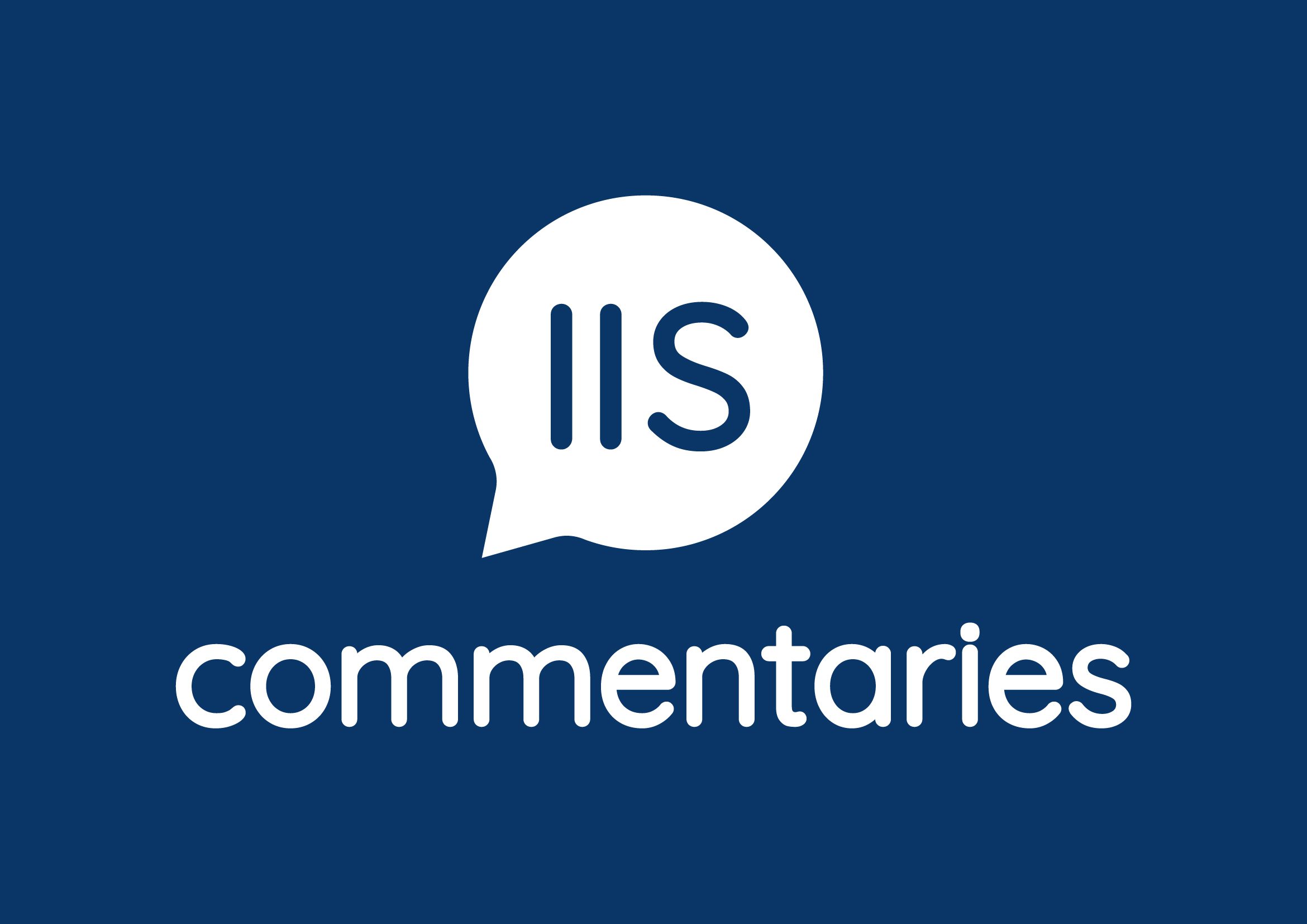[googlepdf url=”https://iis.fisipol.ugm.ac.id/wp-content/uploads/sites/720/2025/08/MR-4-August_compressed.pdf” download=”Download” width=”100%” height=”600″]
.[googlepdf url=”https://iis.fisipol.ugm.ac.id/wp-content/uploads/sites/720/2025/08/Commentaries-Prabowo-Summit-Diplomacy.pdf” download=”Download” width=”100%” height=”600″]
.[googlepdf url=”https://iis.fisipol.ugm.ac.id/wp-content/uploads/sites/720/2025/08/Commentaries-Nuklir-80th.pdf” download=”Download” width=”100%” height=”600″]
.[googlepdf url=”https://iis.fisipol.ugm.ac.id/wp-content/uploads/sites/720/2025/08/MR-3-July.pdf” download=”Download” width=”100%” height=”600″]
.[googlepdf url=”https://iis.fisipol.ugm.ac.id/wp-content/uploads/sites/720/2025/07/Commentaries-Nuklir.pdf” download=”Download” width=”100%” height=”600″]
.[googlepdf url=”https://iis.fisipol.ugm.ac.id/wp-content/uploads/sites/720/2025/06/MR-June.pdf” download=”Download” width=”100%” height=”600″]
.[googlepdf url=”https://iis.fisipol.ugm.ac.id/wp-content/uploads/sites/720/2025/06/MR-May.pdf” download=”Download” width=”100%” height=”600″]
.[googlepdf url=”https://iis.fisipol.ugm.ac.id/wp-content/uploads/sites/720/2025/05/IIS-Brief_Issue-2.pdf” download=”Download” width=”100%” height=”600″]
.Thursday, 22 May 2025 – As the digital economy spreads rapidly across Southeast Asia, a powerful new shadow report—led by platform workers and their allies—calls out the growing injustices faced by ride-hailing and delivery drivers in the region.
[googlepdf url=”https://iis.fisipol.ugm.ac.id/wp-content/uploads/sites/720/2025/04/FR-90.pdf” download=”Download” width=”100%” height=”600″]
.



